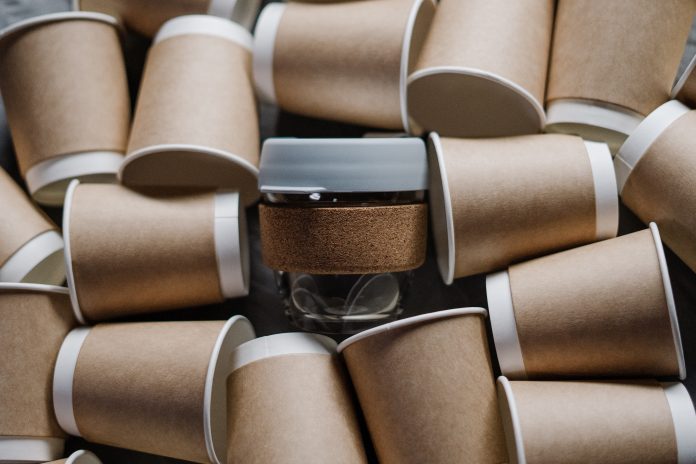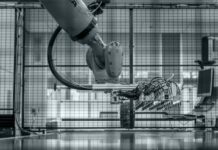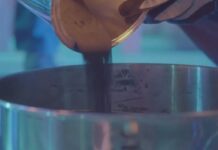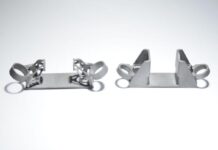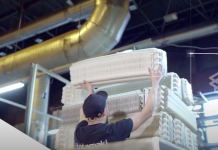A recently published study finds that single-use products manufactured with paper provide significant key environmental advantages when compared to reusable tableware for in-store dining in Quick Service Restaurants (QSR).
In the Life Cycle Assessment (LCA) study by Ramboll, the company found that paper-based single-used products had a significantly smaller carbon footprint than tableware.
Ramboll is a leading global engineering, design and consultancy company commissioned by the European Paper Packaging Alliance (EPPA) – an association representing Europe’s leading manufacturers of paper and fiber-based foodservice packaging.
The polypropylene-based multi-use system generates 2.7 more times CO2 emissions than the paper-based single-use system, the study finds.
However, the main contributor to climate change impact for multi-use tableware is the electricity demand of the washing process. Overall, the use phase accounts for 83% of the total aggregated impact.
Findings also show that multi-use systems use 3.6 times more freshwater than single-use systems.
Aside from climate impact and freshwater consumption, the LCA study measured environmental impact in the following categories: fossil depletion, particle pollution, terrestrial acidification, freshwater eutrophication, ionising radiation, metal depletion and stratospheric ozone depletion.
The study finds that single-use plastics are environmentally superior in terms of fossil depletion, particle pollution and terrestrial acidification.
Charles Héaulmé, President and CEO of food packaging company Huhtamaki, opined the findings provide evidence for State Governments to merit the use of paper-based products as alternatives to single-use plastics.
“The environmental impact of energy and water required for washing in a multi-use system demonstrates that reusable packaging is not the solution for the foodservice industry,” said Héaulmé in a media release.
“Ramboll’s LCA provides scientific evidence which policymakers must welcome as they aim to develop regulation that is good for the planet and has no unintended consequences.”
“We recognise that there are still gaps in the recyclability of packaging the need to be addressed. At Huhtamaki, we continue to work pro-actively on developing sustainable packaging solutions in line with our 2030 Strategy,” Héaulmé continued.
Huhtamaki is a global manufacturer of sustainable packaging solutions, with two manufacturing units and nearly 400 employees in Australia.


